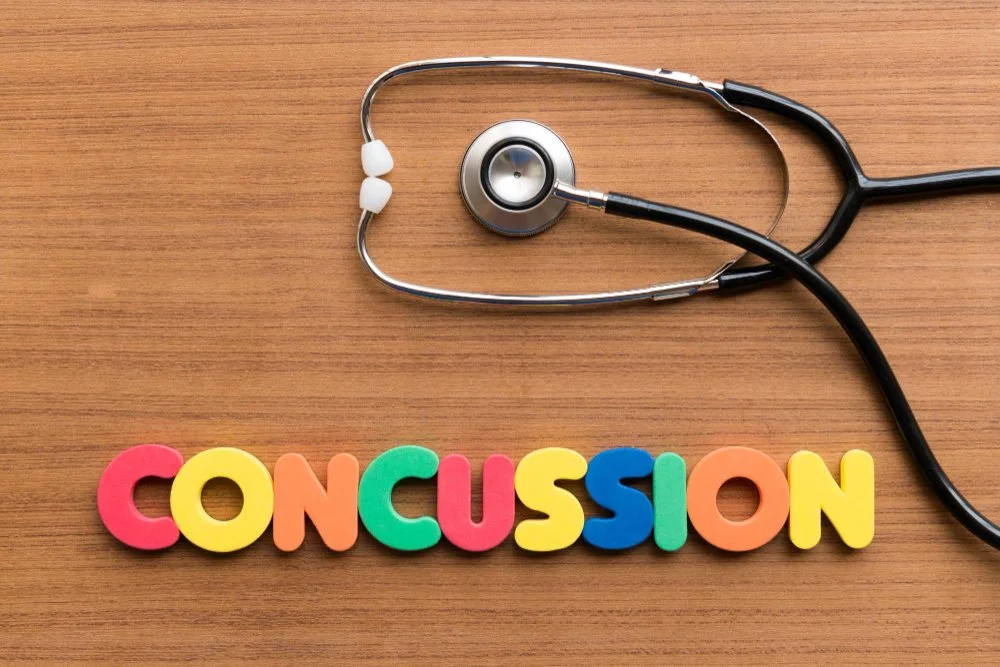Understanding Concussions: What They Are and Why Symptoms Can Last
A concussion is an injury to the brain. It results from a blow, jolt or rapid movement of the head. This can occur in:
A fall
A car accident
Sports
A hit to the head
Any incident with a jolt to the body
And even if you did not lose consciousness, you can still have a concussion.
A lot of folks think a concussion is “no big deal,” but it’s real, and it affects how the brain works.
What Happens During a Concussion?
Your brain is actually soft, like jelly. It’s lodged inside your skull, and it floats in fluid to keep it safe.
When the head moves suddenly:
The brain bounces or rotates around inside the skull
Brain cells can stretch
Brains can confound the signals
Inflammation can occur
This is why you may feel “not yourself” afterward.
Typical Symptoms Immediately Following Concussion
Immediately after the injury, some people feel symptoms right away. Others feel them hours later.
Common early symptoms include:
Headache
Feeling dizzy
Trouble thinking
Blurry vision
Feeling tired
Nausea
Sensitivity to light or noise
Recovery for most people takes a few days.
But not everyone does.
What Is Long-Term Concussion Syndrome?
In some cases, the symptoms can last weeks to months.
This is called post-concussion syndrome.
Your brain may still be recovering.
There are still some systems that may not be fully functioning.
Long-term symptoms can include:
1.Thinking and Memory
Brain fog
Forgetting things
Trouble focusing
Slow thinking
2. Emotional Changes
Anxiety
Mood swings
Feeling sad or “off”
Irritability
3. Physical Symptoms
Headaches
Dizziness
Sleep problems
Ringing in the ears
Feeling tired all the time
3. Sensory Problems
Light sensitivity
Noise sensitivity
If these symptoms continue, the brain is still in need of more support to heal.
Why Do Symptoms Last So Long?
A concussion has the potential to simultaneously damage many areas of the brain. It can change:
How nerves send messages
How the brain uses energy
How hormones are made
What stress and inflammation do to the brain
This is why the symptoms can vary so widely from one individual to another.
Some people heal fast.
Some people heal slowly.
Some people don’t improve because the deeper problems were never addressed, such as hormones or inflammation.
When Should You Get Help?
Seek further assistance if symptoms last longer than:
2 weeks for adults
1 week for children or teens
You should also get help if the following symptoms are present:
Getting worse
Affecting your daily life
Preventing you from working or playing
Causing emotional or mental distress
Your brain is important.
You don’t have to just sit and wait for the best.
You Are Not Alone
Symptoms that don’t resolve leave many people feeling scared, confused, or frustrated.
But there is hope.
With proper care, many people get better and feel like themselves again.
We provide concussion and TBI treatment in Ontario, BC, Alberta, Saskatchewan, and Quebec with evidence-based testing and tailored care.

